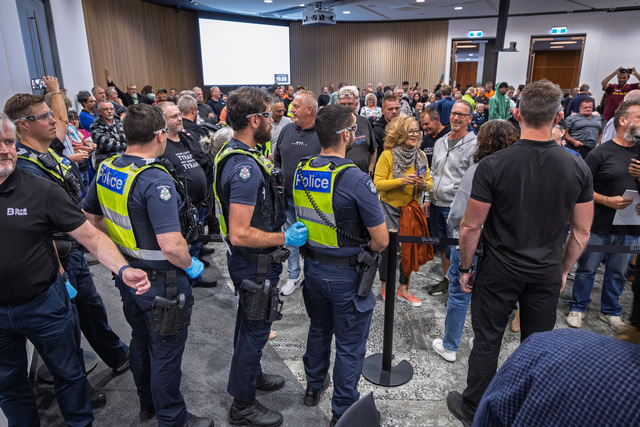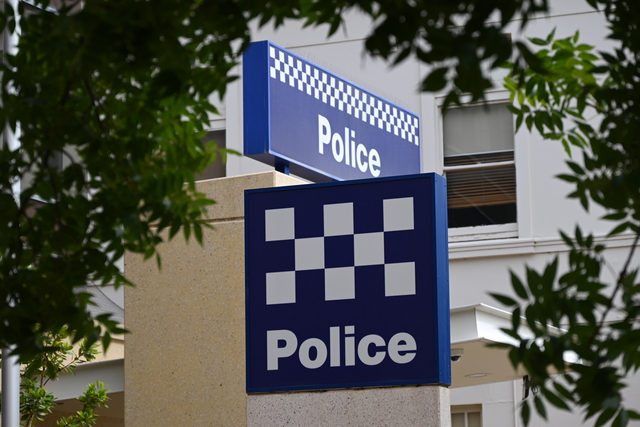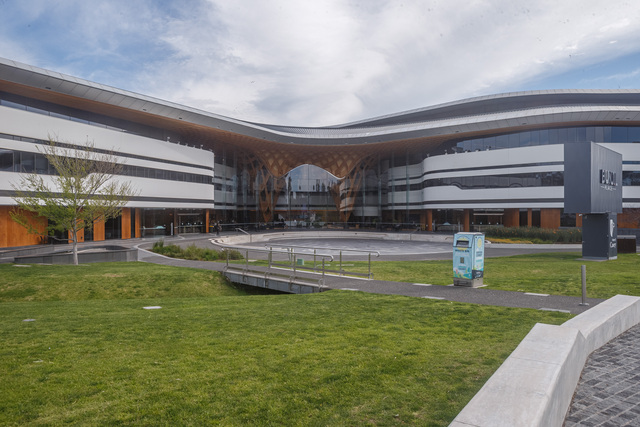The National Tertiary Education Union has criticised the crucial decision to cap international student intake, following the recent announcement by the Coalition to cap it to 240,000 a year if elected.
A recent release from the NTEU condemned the 25 per cent reduction, warning that the policy will devastate the higher education sector, threaten thousands of jobs, and undermine Australia’s research capability and international standing.
In addition to the cap, this would only see pubic universities limited to 115,000 places, with the policy specifically targeting metropolitan and Group Eight universities.
NTEU national president Dr Alison Barnes said that the policy represents a direct attack on public universities.
“This reckless policy will cost the Australian economy approximately $5.8 billion and potentially lead to thousands of job losses across the sector, based on previous impacts witnessed during Covid-19,” Barnes said.
“The trauma from tens of thousands of Covid-era job losses remains fresh in the workforces’ mind, with two-thirds of university staff already employed insecurely, our sector cannot sustain another round of devastating cuts.”
The Group Eight universities represent Australia’s leading research capabilities, in addition to high academic repertoire, this includes both Victoria’s University of Melbourne and Monash University.
The proposed policy would introduce prohibitive visa fees – increasing to $5000 for Group Eight universities and $2500 for other institutions, with an additional penalty $2500 penalty fee for students who change providers.
“International education is not just a revenue stream for universities – it’s a cornerstone of Australia’s educational ecosystem, cultural exchange, and global standing, yet as we approach the election, international students ae increasingly caught in the political crossfire,” Barnes said.
“Peter Dutton’s Coalition has adopted rhetoric that demonises international students, using extreme Trumpist language that evokes harmful stereotypes rather than addressing real policy issues.
“Last year, he referred to international students as ‘modern day boat arrivals’ – rhetoric that damages Australia’s reputation as a welcoming destination for global talent.”
Barnes further added that Dutton’s policy is simply a move to use international students as a scapegoat for housing constraints, a “theory that was debunked” by Barnes’ cited source from an article titled ‘Scapegoating international students for the rental crisis? Insights from large-scale evident (2017-2024) in Australia’.
The NTEU as a whole has pointed out the ongoing decline in government funding as the root cause of universities’ financial vulnerability, with federal funding falling from 0.9 per cent of GDP in 1995 to 0.6 per cent in 2021.
“International education contributes over $40 billion annually to the Australian economy,
supporting approximately 250,000 jobs across multiple sectors; beyond economics, these
students enrich our classrooms with diverse perspectives and create vital global networks that benefit Australia for decades to come,” Dr Barnes said.







